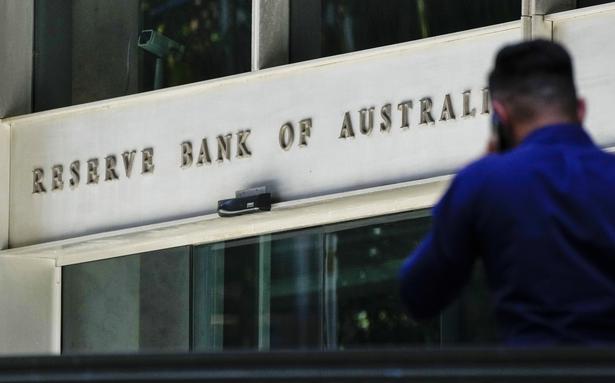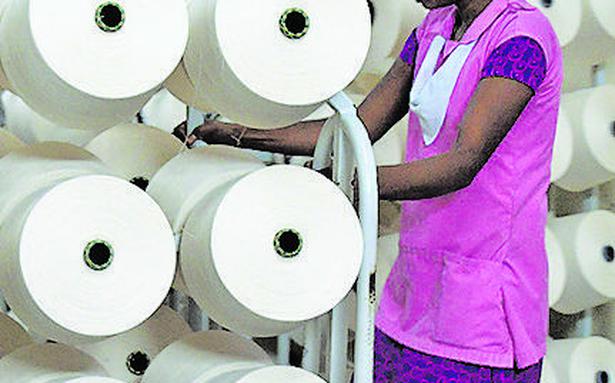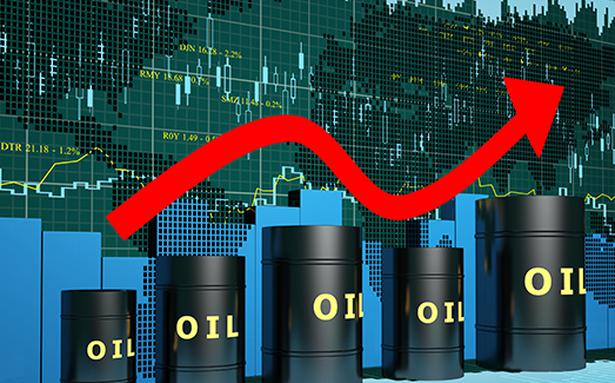Australia’s central bank has raised interest rates for the first time in more than 11 years
Australia’s central bank has raised interest rates for the first time in more than 11 years
Australia’s central bank raised its benchmark interest rate on May 3rd for the first time in more than 11 years. The key interest rate rose from 0.1% to 0.35%.
A rise was widely expected after official data released last week showed Australia’s year-to-date inflation rose to 5.1% through March. It’s the highest annual rate since 2001, when a newly introduced 10% federal consumption tax caused a temporary spike.
Inflation in the final quarter of March was significantly higher than the 3.5% three months earlier. The March result was driven by increases in fuel and housing costs, as well as food shortages caused by recent floods in Australia.
The Reserve Bank of Australia adjusts interest rates to keep inflation within a target range of 2-3%.
The key interest rate has been at a record low of 0.1% since November 2020.
The bank last increased its key interest rate in November 2010. The key interest rate then rose by a quarter of a percentage point to 4.75%.
It is the first time since 2007 that the bank, whose independence from government was enshrined in law in 1996, has changed interest rates during a federal election campaign.
Two weeks after interest rates rose 0.25 percentage points to 6.75% in November 2007, Prime Minister John Howard’s Conservative government was voted out after more than 11 years in power.
Prime Minister Scott Morrison’s Conservative government is seeking a rare fourth three-year term in the May 21 election.



